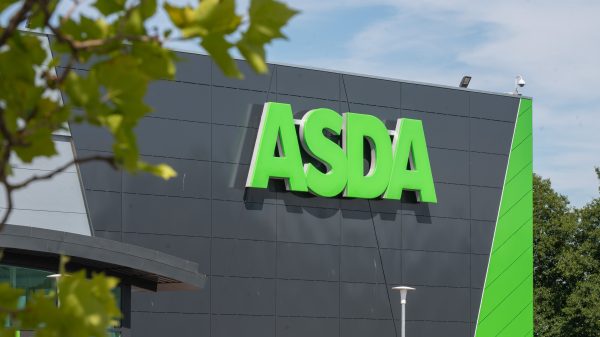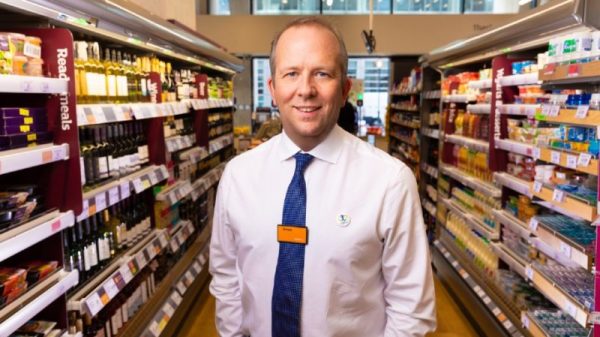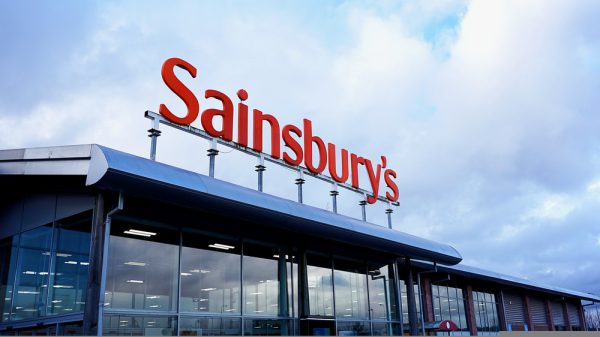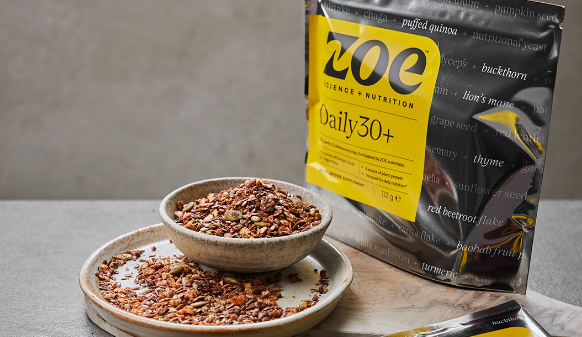Growth is not the only thing discounter giant Aldi is focused on. The retailer has also been taking big steps to up its sustainability credentials.
The grocer has set some impressive targets, including cutting food waste by 90% by 2030, and also rolling out some first-of-its-kind innovations, such as cardboard wine bottles and double toilet rolls.
Aldi UK sustainability director Liz Fox tells Grocery Gazette: “As the fourth largest supermarket in the UK, and part of one of the biggest supermarket groups in the world, we have a responsibility to put sustainability at the heart of everything we do.
“That responsibility is an opportunity to make a significant difference, and help build a more resilient, more sustainable, global food system.”
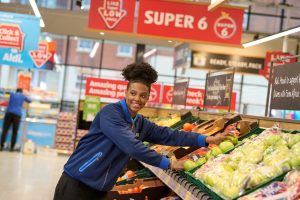
Fox explains that Aldi’s private ownership structure means it can “invest for the long-term”, while its focus on own-label products gives it a “head start” on its competitors.
“We have a huge influence over how those products are sourced, produced and packaged. This is about doing the right thing in all areas of our business, which will ultimately help us reach our sustainability targets.”
Aldi plastics and packaging director Luke Emery agrees that having majority own-label products is particularly helpful when it comes to packaging.
“This helps us to reduce waste as well as our carbon footprint, and allows us to work with our supplier partners to move closer to our net zero target,” he explains.
Some of the discounters biggest targets include an aim to reduce its overall operational greenhouse gas (GHG) emissions by 26% by the end of 2025 (against baseline year 2016) and a commitment to encourage its strategic suppliers, which are responsible for 75% of product related emissions, to work towards setting science-based emissions targets by the end of 2024.
Fighting food and plastic waste

Fox says that 2023 marked a real turning point for Aldi, having “stepped up” its fight against food waste in “a number of ways”.
She highlights its partnership with surplus food platform Too Good To Go, which sees Aldi offering surplus food bags, which contain a range of grocery products that are approaching their sell-by or use-by dates and would have otherwise gone to waste, at less than a third of the price to customers nationwide.
The partnership with Too Good To Go has been so positive for the grocer that late last year, Aldi extended its collection window, with customers now able to secure a bag up to 24 hours ahead of their pick-up time.
Fox explains that this initiative enabled Aldi to “set such an ambitious stretch target” which looks to see the discount grocer cut food waste intensity across its business by 90% by 2030.
“This comes after hitting our initial targets eight years early with a 57% reduction in food waste by the end of 2022 – making us the first UK food retailer to achieve our food waste goal,” she adds.
“Cutting food waste is also a perfect example of how Aldi’s efficiency can put money back into our customers’ pockets – while also benefitting the planet.”
Emery says that in terms of limiting plastic waste, Aldi has rolled out its in-store soft plastic collection points to 75% of its stores.
“Our customers have responded positively to this and over 300 tonnes of material was collected for recycling in 2023 that would have otherwise gone into landfill. We were also the first retailer awarded funding from the Flexible Plastic Fund for our recycling of this material.”
Aldi’s packaging innovations
Emery says that sustainability is also important to Aldi’s customers, adding that the grocer relies on them to guide its packaging journey.
He explains: “We trial products in new packaging to ensure we are still delivering the best quality product for our customers.”
In the past year alone, Aldi has introduced a raft of initiatives from double toilet rolls which introduced nationwide, would remove over 60 tonnes of plastic each year, to switching from plastic packaging to cardboard around cans of beer and cider, making them recyclable at home and removing 95 tonnes of plastic waste each year.
In other efforts to remove plastic, the discount grocer has removed all single use cutlery from its food-to-go range, which resulted in a reduction of 10.5m wooden forks – equating to 28 tonnes of waste saved and in selected regions.
It has also started trialling the sale of loose items including garlic, limes, lemons and oranges, which if rolled out nationwide, would save 94 tonnes of plastic packaging each year.

In terms of drinks packaging, Aldi switched to colourless milk caps across all stores last year, meaning 200 tonnes of high-density polythene can be more easily recycled and in its latest change in March, the discounter introduced the UK’s first supermarket own-brand cardboard wine bottles which are made from 94% recycled paperboard.
Changing consumer habits
Fox says that even amid the cost-of-living crisis, “customer attitudes are changing,” adding that “shoppers are thinking more carefully about the products they buy”.
Recent research by the discounter found that 79% of consumers are changing what they buy based on social responsibility, inclusiveness or environmental impact and almost half of shoppers think it is a retailer’s responsibility to only sell sustainably-sourced products, not just their responsibility to buy them.
“Shoppers want to make sustainable choices, and they want us to make it easy for them to do that. So, we need to rise to this challenge,” says Fox.
Aldi is doing just that. All fish and seafood used in its own-label products is responsibly sourced, while all of its core range of beef, pork, chicken, turkey, eggs and milk are 100% British and assured by Red Tractor, British Lion Egg or Quality Meat Scotland.

Fox explains that customers’ growing awareness around sustainability has helped drive Aldi’s ambitious commitments, which include to reduce plastic packaging by 50% by 2025 compared to in 2019.
Supporting industry-wide commitments
Fox says that tackling Aldi’s own operational emissions is a “relatively easy” task as it is able to “influence them directly”.
However, supply chain emissions in the extended value chain are more tricky to reduce, due to it requiring industry-wide collaboration.
In November, Aldi joined WWF’s Retailers’ Commitment for Nature Group, committing to an overall ambition of halving the environmental impact of UK shopping baskets by 2030.
The discount grocer joined existing members Co-op, Lidl, M&S, Sainsbury’s, Tesco and Waitrose, with the group’s expansion meaning over 70% of the UK grocery retail market is now aligned to WWF’s goal.
Fox says: “It’s important that we tackle the issue as an industry and food waste reporting would be a significant step forward in doing just that.”
Earlier this year, Aldi, alongside more than 30 food companies urged for government action on food waste.
With Too Good To Go, and in collaboration with the British Retail Consortium (BRC), an open letter called for the introduction of mandatory public food waste reporting as more than a third of all food produced currently goes to waste.
Fox adds that sustainability is “the area where retailers, regardless of size, need to come together with their supplier partners to find solutions”.
While its a long road ahead for all retailers in hitting their ambitious sustainability goals, it is promising to see the likes of Aldi taking big steps to not only limit its environmental impact in stores and across the supply chain, but also supporting wider industry efforts.

